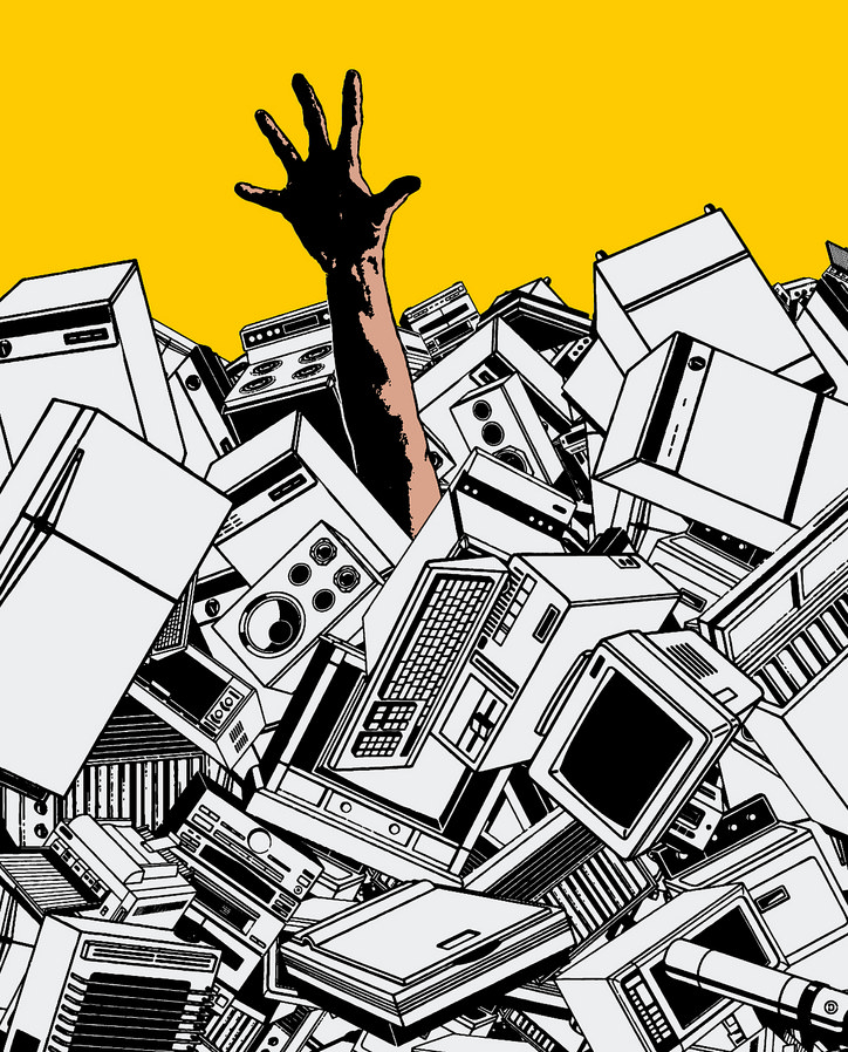TikTok has quickly become a breeding ground for the ‘haul’ mindset, whereby overconsumption is widely encouraged by brands and influencers who’ve forgotten that the planet is struggling with our shopping habits.
In the post-pandemic digital age, it’s not surprising that most of us prefer to shop online instead of hitting the high street and dealing with the public.
Appealing for numerous factors – convenience, accessibility, and time-saving – consumers today are far more likely to splash their cash through a screen than they are to brave the crowds. It should come as no surprise that social media companies have been taking note.
During the last couple of years, we’ve seen Instagram replace its activity section with a handbag icon that lets you browse algorithm-specific products, Facebook Marketplace bring in a surprising 1.79 million users, and even WhatsApp introduce a payment feature that allows us to purchase products directly in our message threads.
None, however, have attracted the masses at the same rate and to the same extent as TikTok, where it’s become common to stumble upon ‘lives’ hosted by enthusiastic sellers urging us to ‘act fast’ on hot products.
Pair this with the fleeting nature of microtrends that quickly come and go and you’ve got a recipe for environmental disaster.

This is because Gen Z’s app du jour (which we reportedly spent 2.8 billion hours using in 2020) has fostered a breeding ground for the ‘haul mindset,’ whereby overconsumption is being widely encouraged by brands and influencers who seem to have forgotten that the planet is buckling under the weight of our shopping habits.
The 518 million plus views on the ‘I want it, I got it’ hashtag is evidence of this, proof that TikTokers who see feed advertisements won’t hesitate to buy for the sake of a few hundred likes.
Yet this issue isn’t specific to them alone. More and more of us are feeling compelled to buy things solely because we’ve been enticed by the outlandish claims from people who swear by their effects.
And if we aren’t then uploading our own clips to keep the ball rolling, what’s happening to the mountain of goods that went out of style as rapidly as they gained popularity? You guessed it, we’re shoving them to the back of our wardrobes, or worse, throwing them away.
I don’t think I have to tell you how significantly this is contributing to the climate crisis.


















